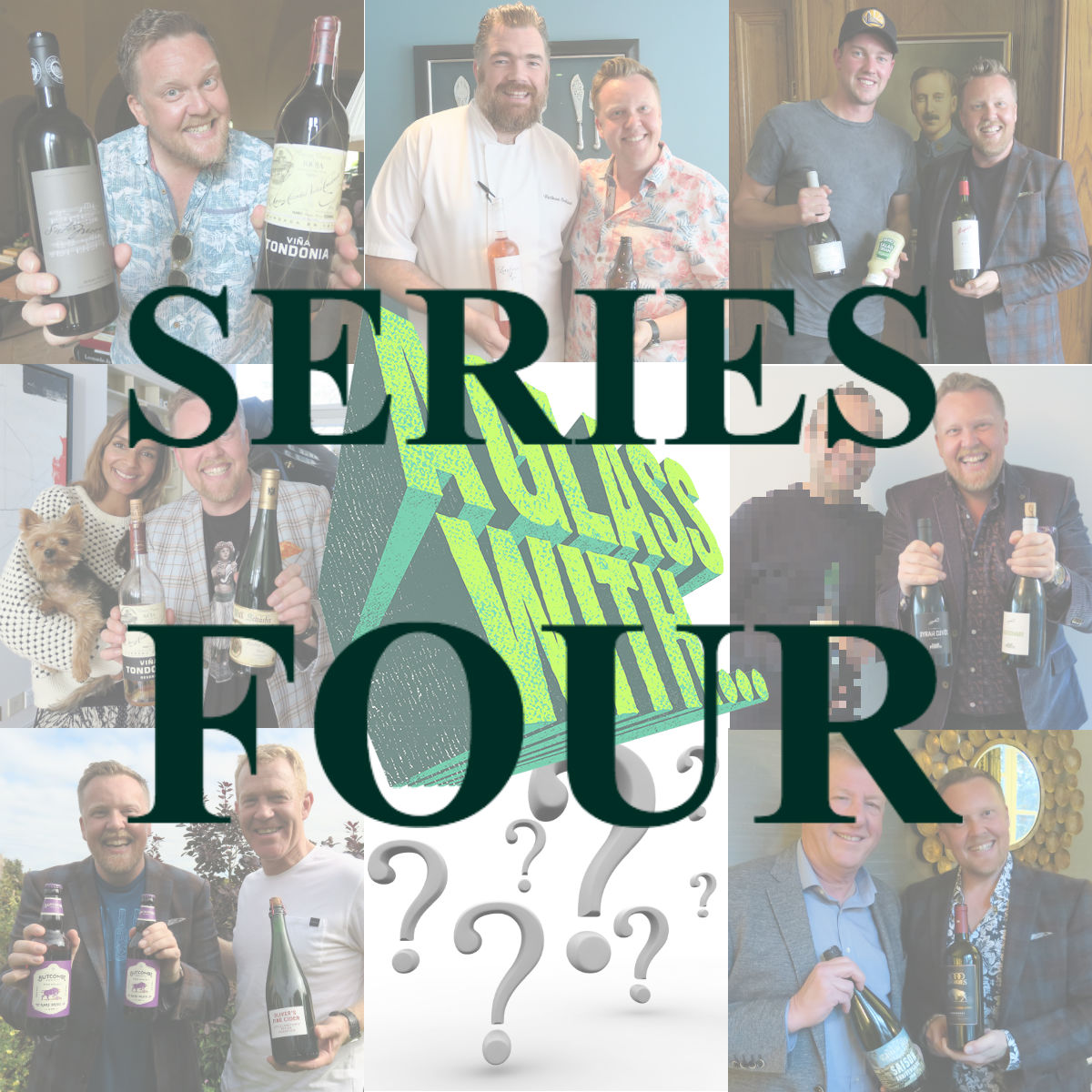The state of wine writing in 2018
Following on from my 2017 and 2016 reports, here’s an annual up-sum of what life lurks in the UK wine writing pond. Last year, there were quite a few ripples on the surface, but this year the waters have seemed much calmer. Or have they?
Yes, largely. So let’s take a look at the fortunes of wine writing in print, in books and online.
PRINT: SAME OLD SAME OLD?
For British newspapers and their columnists, nothing seems to have altered in 2018. The last personnel change was now eight years ago, by my reckoning, with Jane MacQuitty now having the longest tenure at 31 years (see last year’s graph).
As for magazines, two new titles have joined Decanter, Noble Rot and World of Fine Wine as part of the British wine market scene: Club Oenologique and Root + Vine. The two could not be more different.
Club Oenologique is the luxury print manifestation of the revamped IWSC, aimed squarely at the fine wine market and bankrolled by The Conversion Group, ‘a global portfolio of lifestyle and creative businesses’. At the magazine launch event during this year’s LWF, at least half the audience was composed of freelance writers salivating at the prospect of a new print platform. Myself included. I haven’t yet seen issue one in the flesh, but the layout looks appropriately glossy.
Whereas Root + Vine is much more like a fanzine, similar to how Noble Rot looked in issue one. The lovechild of Simon Reilly (aka Wine Loon) and Root + Bone magazine, it was apparently born out of Simon’s frustration at buying wine magazines that contained nothing he actually wanted to read (see his account here).
It’s great news that wine writing in print is proving so resilient, although I would imagine that neither one of these publications is likely to make money in their own right: the quarterly Club Oenologique is part of a wider business that offers tastings and events to its well-heeled membership, while Root + Vine sounds more like an occasional non-profit-making opportunity for freelance wine writers to collaborate and publish themselves under their own volition - and there’s absolutely nothing wrong with that (see this post).
As a primary source of income, wine writing remains unfeasible to all but a very few people in the world.
BOOKS
And no, books aren’t going to make anyone rich either - with the possible exception of the same few people who already have big reputations. Plenty of people are still writing and publishing them, but there are precious few making money. This year, the Infinite Ideas series has brought us wine books on New Zealand, Greece, The Côte d’Or, and Bulgaria, Romania and Moldova, with nine more scheduled for publication. They are all written by experts in the field and are generally well received, but from what I can gather, they are not great sources of income for the authors. Instead, they are seen as something tangible and credible to help other parts of those authors’ careers.
Whereas some other books are likely to be more profitable - Oz Clarke published two this year, for example, squarely aimed at a more mainstream fanbase, helped by good distribution and promotional support.
ONLINE
After quite a bit of shuffling around in 2017 (mostly between Vinous, Decanter and The Wine Advocate), the online world of wine writing has seemed more stable this year. If anything, it seems to have gone a bit quiet, and it seems to me that there are fewer emerging writers entering the fray. This may well be related to the rise of social media influencers, not least because of the promise of more money. I know of several PRs and producers who have chosen to divert a large part of their marketing budget towards social media channels this year. Having lots of followers on Twitter or (more likely) Instagram is certainly more zeitgeisty than writing a blog, which sounds positively stone age. Who reads blogs these days?
PODCASTS
A quick mention of podcasts, which might not qualify as wine writing, but often involve wine writers. At the beginning of this year, there was lots of hype about how big podcasts were going to become, and while the numbers look very impressive, the buzz seems to have died down. With low barriers to entry, wine podcasts have proliferated, but just as with print writing, making them pay is not straightforward.
This year, along with Olly Smith, I’ve released 13 episodes of A Glass With, eight of which were sponsored. Elsewhere, The Three Drinkers podcast has stopped, while Bâtonnage, Team Terroir and The Wine Down (produced by Gallo) have launched - and I’m sure there are plenty of others.
2019 AND BEYOND
How will Brexit affect wine writing? Funnily enough, I haven’t heard this come up in parliament, but then again, nobody seems to know how Brexit will affect anything right now, so it’s anybody’s guess how 2019 will pan out. Uncertainty is the absolutely opposite of what is needed, but consensus on the best path hardly seems imminent.
As for me personally, I have a very big development lined up for 2019 which is going to bring a lot of change. But I will still be writing this wine blog. After all, you’re still reading it. For which, thank you - and have a lovely Christmas!



